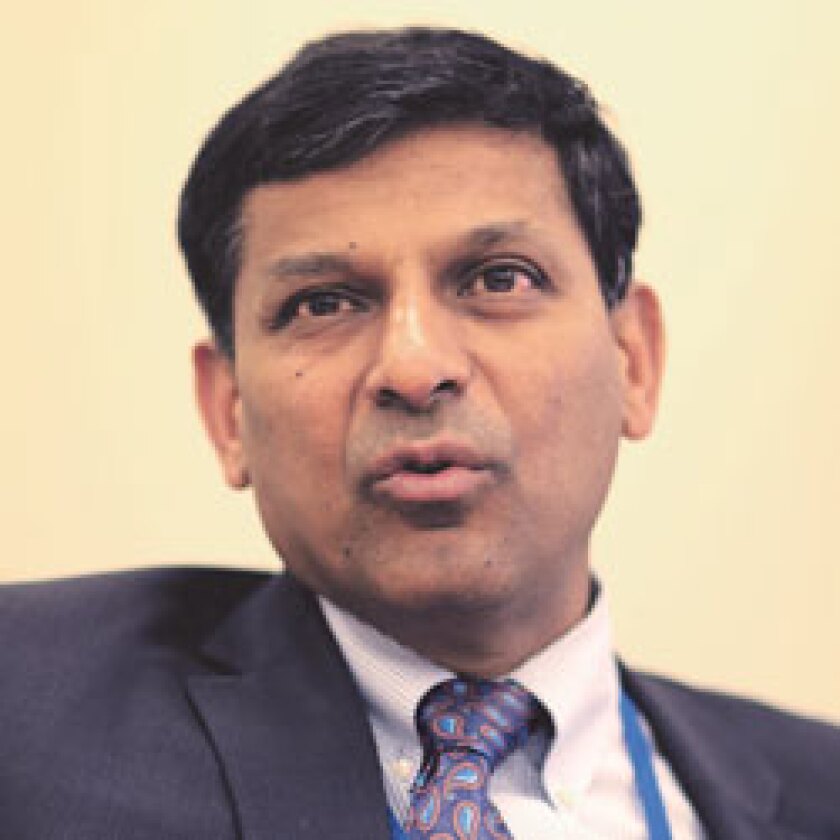Leading multilateral lenders face an increasingly fraught future as they seek to tap new credit lines in an attempt to fund new projects across the emerging and developed worlds as their finances are stretched to breaking point.
All the world’s major institutions are under mounting pressure to prop up ailing and failing countries, and to pump much-needed capital into number of private and public sector projects.
Pressure varies by multilateral. The International Monetary Fund is faced with the need to be able to react quickly and robustly if emerging markets collapse under the combined weight of slow growth and rising debts, or simply run out of cash.
Having focused virtually wholesale on struggling eurozone and emerging Europe since the 2008/09 financial crisis, questions now loom over which other emerging markets, whether in Latin America, Africa, or Asia, may need propping up.
The IMF’s capacity to meet any extra demand on its resources arising from the mounting problems in emerging markets is strong, officials say. “In fact, it’s never been stronger,” one told Emerging Markets.
GLOBAL SAFETY NET
Over at the other Bretton Woods institution, the question is whether the World Bank has enough capital to provide support for projects strewn across the developing and middle-income worlds.
Speaking earlier this week, Reserve Bank of India governor Raghuram Rajan called publicly for wealthier nations to inject more capital into the sprawling group, creating a “global safety net” designed to help nations buckling under economic strain and short of liquidity.
Asked yesterday if the World Bank needed extra capital to meet rising demand from borrowers in the emerging and developed worlds, its president Jim Yong Kim said the group could continue lending at the current rate without dangerously overstretching its finances.
“But at some point, we are going to have to decrease our lending pretty dramatically, because we’ll reach the limit of how far down we can go to maintain our triple-A rating.”
To many, the sense of lingering crisis that has failed entirely to be dispelled since the dark days of 2008 and 2009 remains the biggest challenge to multilaterals’ finances.
The Bank’s International Bank for Reconstruction and Development extended $44bn in loans to struggling middle-income nations in 2010. That number was expected to then fall to 2008 levels when just $13.4bn was disbursed.
Yet in the full year to end-June 2015, $23.5bn was extended by the IBRD, highlighting the challenges facing even relatively higher income nations.
Jingdong Hua, treasurer at the International Financing Corporation, noted that total funding delivered by the private sector arm of the World Bank in the year to end-June 2015 was $10.5bn, a 40% increase in four years.
Annual investments in Sub-Saharan Africa alone have jumped from $200m 10 years ago to $3.7bn today. Hua told Emerging Markets that funding would continue to increase at the same rate “for the foreseeable future”, but pointed to the rising stress levels facing an institution tailored to lending to private sector projects in the developing world.
He said the IFC’s job was to play a “counter-cyclical role”, meaning the pressure to lend more to emerging markets was rising at a time when shareholders, creditors and investors were under pressure to husband resources, or repatriate it to the developed world.
Other leading multilaterals are in a similar position. Asian Development Bank president Takehiko Nakao told Emerging Markets: “Some of ADB’s developing member countries are under strain due to lower commodity prices, the slowdown of the Chinese economy, milder recovery of advanced economy and capital market volatility.”
“To help implement counter-cyclical budget measures and other needed policies, ADB has provided a $1bn loan to Kazakhstan and a $500m to Mongolia recently. We are prepared to provide such loans to others as necessary.”
Meanwhile the Inter-American Development Bank said it was “looking at alternatives” to its funding basis, and was ready to “have that discussion with our shareholders”.
